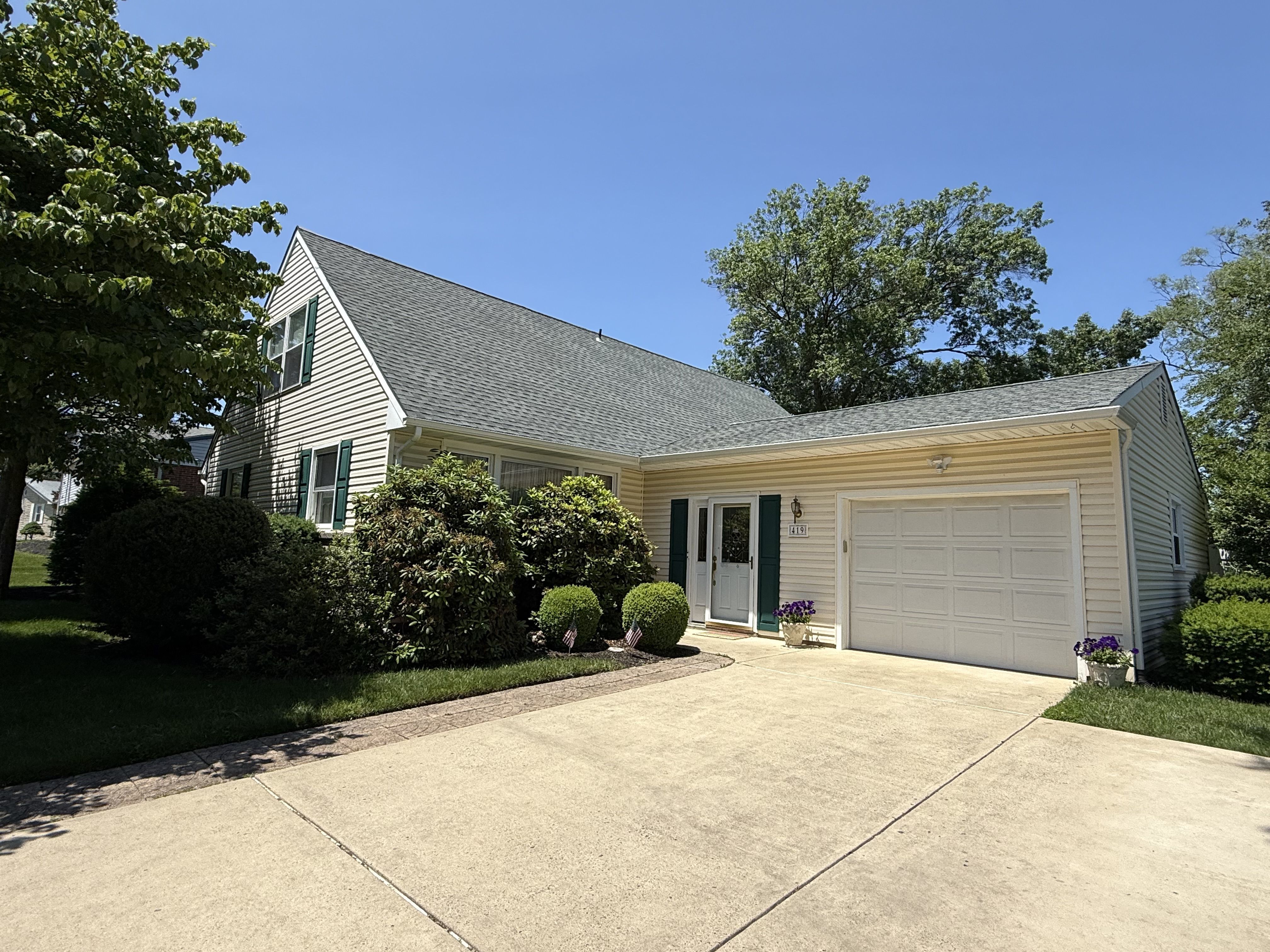Florida homeowners are turning to a specific insurance to cut costs, but agents advise caution.
Rising home insurance costs are prompting Florida homeowners to explore alternative coverage options. In particular, sales of dwelling/fire insurance policies have seen a notable increase as more individuals seek ways to alleviate the financial burden associated with higher premiums. A recent analysis by the South Florida Sun Sentinel, which examined data from the state’s Office of Insurance Regulation, indicates a surge in the popularity of these policies, especially in contrast to traditional all-perils insurance that covers a broader range of risks.
Dwelling/fire policies, often referred to as landlord insurance, are primarily aimed at property owners of rental units or second homes who are interested in insuring only the physical structure of their properties against specific risks such as fire or natural disasters. Unlike all-perils policies, these policies generally do not cover personal property, liability for accidents occurring on the property, or other potential risks unless these elements are purchased as add-ons.
As of December 2022, the total number of dwelling/fire policies in Florida reached approximately 771,571, a figure that represents a small fraction of the over 4 million homeowners with all-perils coverage. However, the data highlights a significant trend: since June 2022, there has been an increase of 81,684 dwelling/fire policies, while all-perils policies have only risen by 47,768.
Insurance agents attribute this growing demand to various factors, including a general rise in rental properties and increasing difficulty in securing all-perils coverage due to escalating costs. Many homeowners who now opt for dwelling/fire policies are either struggling to afford comprehensive coverage or are unable to obtain it due to the age or condition of their homes.
In terms of affordability, dwelling/fire policies average around ,649 annually, significantly lower than the average cost of ,644 for traditional all-perils insurance. Given these savings, insurers such as Florida Peninsula and American Integrity Insurance have begun promoting these policies as viable options for homeowners seeking essential, budget-friendly coverage.
Nonetheless, experts caution that while dwelling/fire policies can offer immediate financial relief, they come with inherent risks. By selecting these policies, homeowners must navigate the intricacies of coverage types – ranging from basic actual cash value to more comprehensive open peril coverage. Failure to understand these differences could lead to inadequate protection when filing claims, potentially placing homeowners in precarious financial situations in the event of a disaster.
Consequently, agents urge clients to conduct thorough evaluations before deciding. The lower premiums associated with dwelling/fire policies can be attractive; however, without comprehensive coverage, homeowners may find themselves exposed to significant risks. It is crucial for homeowners, especially those nearing mortgage obligations, to ensure they are meeting their insurance requirements while adequately protecting their assets.
In conclusion, as Florida grapples with rising insurance costs, homeowners are increasingly turning to dwelling/fire policies as a cost-effective solution. Those considering this option must balance affordability with adequate protection to ensure they do not compromise their long-term financial well-being. The evolving landscape of home insurance in Florida highlights the importance of informed decision-making in achieving security and peace of mind for homeowners.
Media News Source







